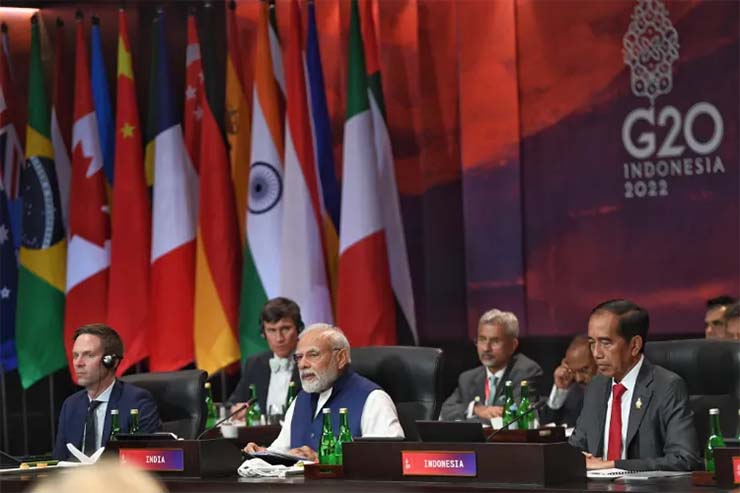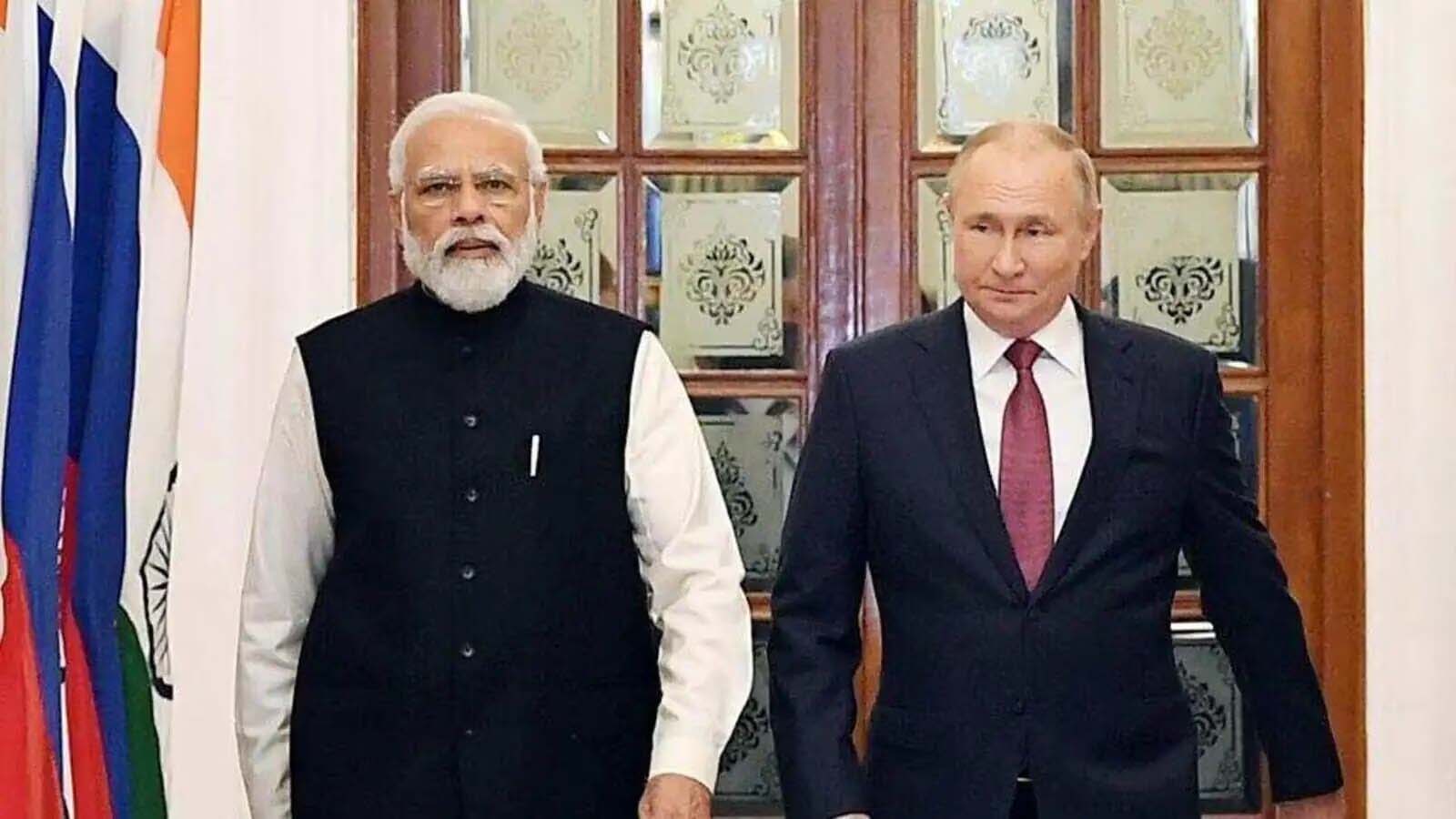
“This is not an era of war.” These immortal words were spoken by Prime Minister Narendra Modi during the G20 summit held in Bali, Indonesia, in September 2022. This significant remark was made by PM Modi in his bilateral engagement with Russian President Vladimir Putin.
Given the ongoing Russia-Ukraine war and the mammoth human and economic toll it has taken, this remark assumes significance. However, to take this remark merely as an exercise in diplomatic engagement will be a fatal mistake as it has deeper psychological and social implications.
War, as a phenomenon, is as old as modern humans. It has been fought for a multitude of reasons, which have evolved over the years. However, the psychological and social forces influencing war continue to condition the human mind even to this day.
Nature of war
War is defined as an armed engagement between two or more parties over myriad reasons. It can be for material gains, religious factors, or for strategic reasons. War, according to the cognitive scientist Joshua Greene, occurs due to the propensity of human beings to categorise individuals between ‘us’ and ‘them’. He calls it ‘tribalism’.
War occurs due to the propensity of human beings to categorise individuals between ‘us’ and ‘them’. It is ‘tribalism’, says cognitive scientist Joshua Greene
War, over the years, has claimed lives at par with natural disasters. Some wars even went on to change the very course of global history and reshape the boundaries of nation-states around the world. Such wars include the Thirty Years in Europe, and the First & Second World Wars.
Given the globalised nature of the world today, wars have become all the more devastating and costly. Nevertheless, leaders still lead their countries to war irrespective of the cataclysmic ramifications, sometimes to satisfy their egos.
A key aspect of war today is the intense hatred that animates the mind of people towards the ‘other’, this is especially evident in the Hamas attack and Israeli reprisal. Hamas terrorists butchered innocent civilians in southern Israel in the grisliest manner possible; Israel’s unrelenting air campaign against innocent Palestinians is, perhaps, the epitome of a total war. This hatred is also seen in the Russian invasion of Ukraine when innocent men, women and children were butchered by invading Russian troops in the town of Bucha in the early months of the war.

Tale of two wars
Eastern Europe and the Middle East, two separate geopolitical regions, have the same picture. The Russia-Ukraine war has entered its second year and its end doesn’t appear in sight. The economic damage and the civilian death toll have reached grim proportions, the ongoing war is said to be the deadliest in Europe since the end of the Second World War. What is very clear is that Vladimir Putin’s belief in absorbing Ukraine into Mother Russia is no longer appearing to be easy, the war has reached a stalemate. Ukraine has managed to hold on, thanks to massive Western aid. However, with each passing day, more and more people continue to become victims.
Given the globalised nature of the world today, wars have become all the more devastating and costly. Nevertheless, leaders still lead their countries to war irrespective of the cataclysmic ramifications, sometimes to satisfy their egos
The Israel-Hamas war has entered its fifth month and is becoming more brutal with each passing day. Over 90% of the Palestinian population in Gaza has been displaced. The North has been reduced to rubble. Israel is pressing on with its invasion of the town of Rafah, a million Palestinians are currently held up in this tiny town. The war has triggered one of the world’s worst humanitarian crises. Gaza is gasping for breath, it is crying out for help, but the global community seems to be oblivious to their suffering, so much so that Egypt has commenced building a wall along the Rafah border to prevent the influx of Palestinian refugees.
The path ahead
Joseph Stalin said, “A single death is a tragedy, a million deaths is a statistic”. With the value of human lives declining every day it is time to stem the tide. Human beings are the only animals who possess fundamental rights. One such fundamental right is the right of self-preservation. It is high time the world community addresses the issues in the ongoing wars and takes concrete steps to put an end to human suffering. Notwithstanding the partisan interests of states, humanity must be prioritised above everything. In this context, we must pay heed to the lessons of Mahatma Gandhi.
The world community must address the issues in the ongoing wars and take concrete steps to put an end to human suffering. We must pay heed to the lessons of Mahatma Gandhi: Only non-violence is the credible path forward
Violence cannot be the answer to affronts, it doesn’t allow us to differentiate ourselves from other creatures. Only non-violence is the credible path forward.
–The writer is currently working as a Research Associate at Defence Research and Studies (dras.in) and is a columnist. The views expressed are personal and do not necessarily reflect the views of Raksha Anirveda















